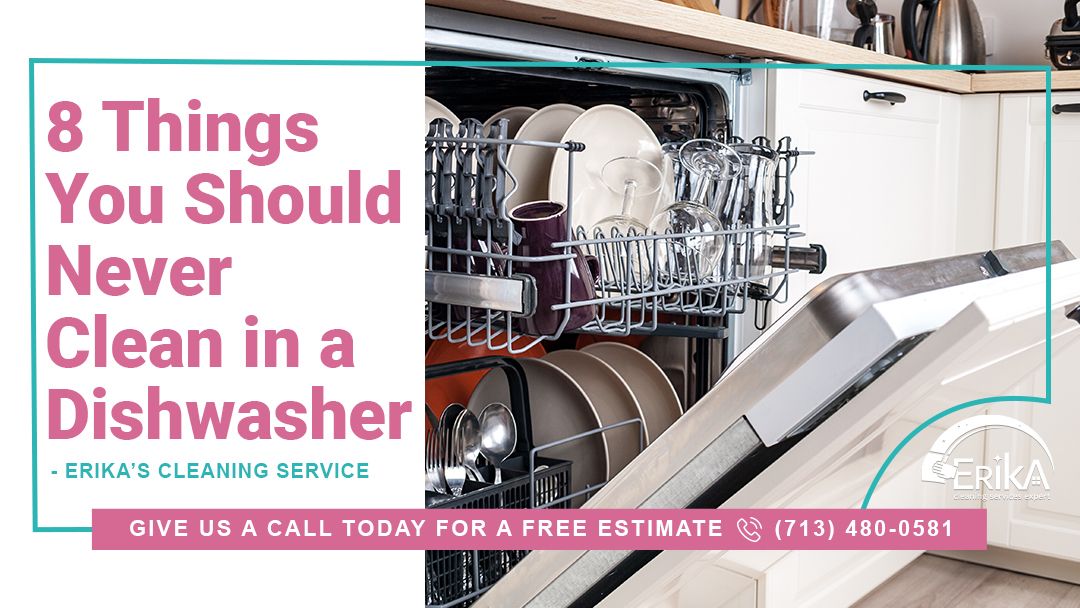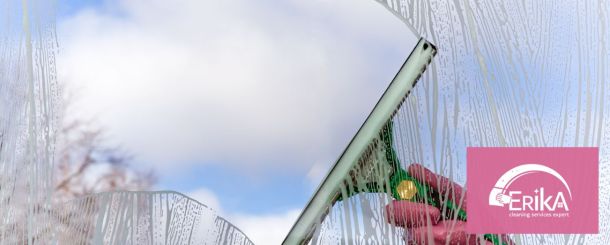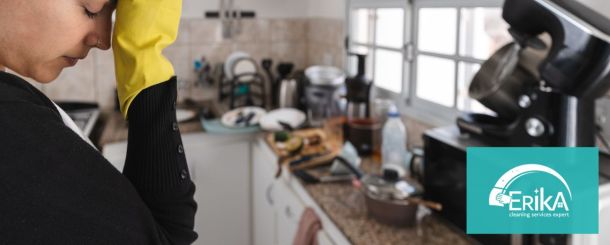8 Things You Should Never Clean in a Dishwasher
It’s not safe for your copper cookware–not to mention these other seven items.
We love our dishwashers for the time they save and their ability to tackle stubborn grease. And really, once you've owned a dishwasher, who wants to go back to the days of hand-washing dishes at the sink? But the dishwasher wasn't designed to wash every single item in your kitchen. In fact, you could ruin certain kitchen tools by running them through the dishwasher. We've made a list of items you should never put in the dishwasher—not even on the rinse cycle.
Kitchen Knives
When cleaning your good kitchen knives, wash them by hand with hot soapy water. This tried-and-true cleansing method will keep the blades sharp and the handles tight. Dishwasher soap or detergent can make knife blades dull, which can actually increase the risk of injury while using your knives, since dull knives require more force and are harder to control.
Plus, the hot water of the rinse cycle and the intense heat of the drying cycle can cause the handles of your knives to loosen over time. To keep your blades sharp and long-lasting, wash and dry them by hand.
Certain Plastic Items
Some plastic can stand up to the heat of a dishwasher, and some cannot. Treat plastic items on a case-by-case basis, checking the manufacturer's label to see if they are dishwasher-safe.
As a general rule of thumb, keep plastic items that are labeled dishwasher-safe (that would be items made of sturdier plastic, like cutting boards and mixing bowls) in the top rack of the dishwasher. This will keep them away from the potentially damaging heat that comes from the bottom of the dishwasher. These items will come out clean, though they can dull in appearance with repeated dishwasher exposure. And remember, if your plastic item doesn't say "dishwasher safe," wash it by hand.
Nonstick Cookware
Admittedly, many of us wouldn't be able to create a perfect pancake or omelet without our nonstick cookware. Most nonstick pans are coated with Teflon, which allows you to cook with little to no oil or butter without the food sticking to the bottom. Some nonstick cookware is labeled "dishwasher safe," but for the most part, these items can't withstand the intense heat of the dishwasher.
If you don't want to damage the nonstick coating, it's best to clean them by hand. Soak your nonstick items in warm, sudsy water and use a non-abrasive scrubber to remove any food.
Fine China and Crystal
You paid a pretty penny for those fancy painted plates. To protect your investment and avoid the risk of chipping fine china and crystal, do not clean them in the dishwasher. Instead, wash them with warm (not hot) water, mild dish soap and vinegar, and dry them carefully with a lint-free cloth.
Copper Cookware
It may be tempting to toss your copper pots, pans, and cups into the dishwasher for a no-hassle wash, but the dishwasher can discolor copper and cause it to look dull. Hand wash these items with warm water and a gentle dish soap.
To polish copper and get it gleaming, use a cleaner specifically made for copper. Or try using lemon juice, salt, and vinegar.
Aluminum Cookware
It's easy to confuse your aluminum cookware with your stainless steel pieces, because they appear so similar in color. But while stainless steel can typically be cleaned in the dishwasher (just be sure to check the manufacturer's instructions), aluminum cookware cannot. Aluminum pots and pans, when exposed to the hot water and high heat of the dishwasher, will fade and oxidize pretty quickly. Avoid dishwashing or even soaking these items in soapy water for extended periods.
Instead, clean them with cream of tartar and water. To remove discoloration, simmer a mixture of 1 tablespoon lemon juice per 1 quart of water on the stovetop.
Wooden Kitchenware (Including Cutting Boards)
Wooden kitchenware, including cutting boards, wooden spoons, or anything with a wooden handle, should never be washed in the dishwasher. Over time, abrasive dishwashing detergent can scratch the surface. The drying cycle of the dishwasher can cause wood to warp, or crack and break.
Clean wooden cutting boards immediately after each use with hot, sudsy water. To disinfect the board after cutting raw meat, clean it with white vinegar or a mixture of 2 tablespoons bleach in 1 gallon of water. Rinse thoroughly and dry the board by hand.
Anything Cast Iron
Remember all of the time and care you invested in cleaning and seasoning your cast iron skillet? Well, you can ruin all of that hard work in an instant by exposing these pans to the dishwasher. Dishwashing detergent can break down the seasoning (a layer of fat or oil that is applied and baked into the cookware) of your cast iron. This seasoning is key to preventing rust, and it helps prevent food from sticking.
Some cooks don't clean cast iron items at all (they simply wipe down the pans after each use). But you can clean cast iron with a quick rinse and a mild abrasive such as salt.
 (713) 480-0581
(713) 480-0581
 Rosenberg, TX 77469
Rosenberg, TX 77469

This email address is being protected from spambots. You need JavaScript enabled to view it.
Source: Real Simple
In Erika's Cleaning Services, we have built our house cleaning service on trust and satisfaction. When we clean your home, we will treat it with the utmost care and respect. Our excellent references speak for themselves. We have been providing professional house cleaning services to many satisfied customers for many years.

 Houses
Houses Apartments
Apartments Move In - Move Out
Move In - Move Out Post Construction
Post Construction Offices
Offices Maintenance Building
Maintenance Building Schools
Schools Retail
Retail Post Construction
Post Construction







